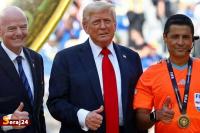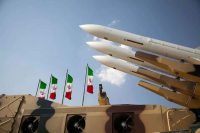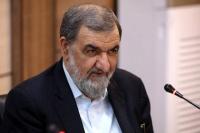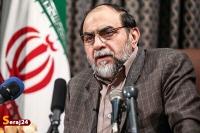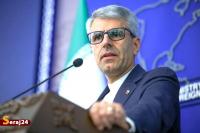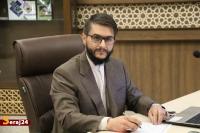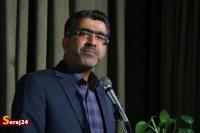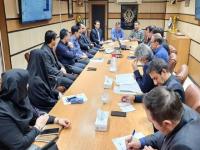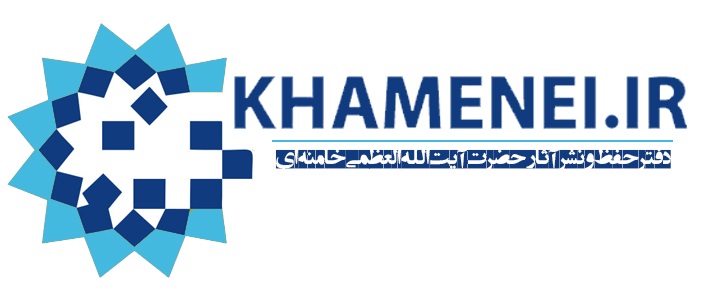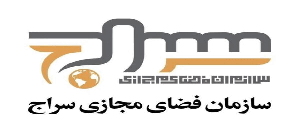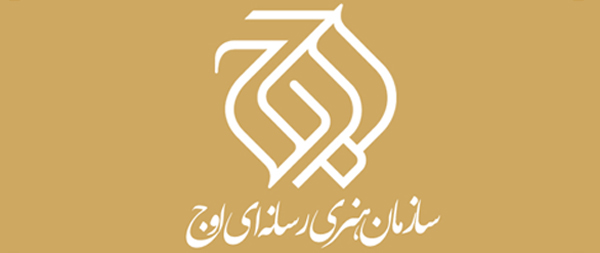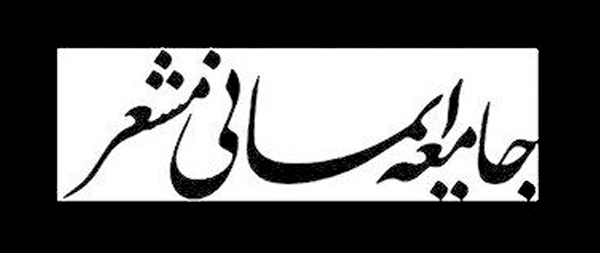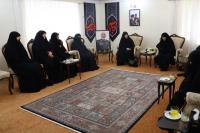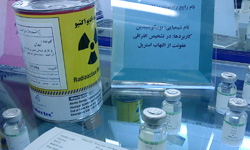
"Production of 15 new radiomedicines has begun in the country, 8 of them were unveiled last year and 7 others will enter the Health Ministry's pharmaceutical list by the end of this year," Khalfi said, addressing a conference in Isfahan today.
Last month, AEOI Chief Fereidoun Abbasi announced that Iran is due to unveil 8 new radiomedicines with applications for diagnosis, prevention and treatment of a number of diseases.
"We have produced a number of radiomedicines before, and at present we have 5 new radiomedicines under production," Abbasi said at a ceremony in Tehran at the time.
"They (the new radiomedicines) should pass clinical verifications and then obtain the necessary license from the Health Ministry before they can be unveiled and supplied to the market," he added.
Iran announced in August that it would unveil 8 new radiomedicines by early February 2013.
"The production and quality control of 8 other radiomedicines have ended and they will be unveiled at most by the Ten-Day Dawn (marking the anniversary of the Iranian revolution's victory over the former Pahlavi regime in early February)," Executive Director of Iran's National Large-Scale Plan for Radiomedicine Production Technology Amir Reza Jalilian told FNA at the time.
He said that Iran has already produced 15 radiomedicines and it plans to synthesize 6 other new types of radiomedicines in the near future.
Iran has taken wide strides in science and technology, particularly in medical and medicinal fields, in recent years.
In September 2010, Iran announced that it plans to synthesize 20 kinds of radiomedicine inside the country, stressing that its scientists are capable of supplying the 20%-enriched uranium needed for the production of such drugs.
"Iran has gained the necessary preparedness to produce 20 radiomedicines and we will provide the 20% (enriched) fuel needed for the production of these medicines this year," Deputy Head of the Atomic Energy Organization of Iran (AEOI) for Planning, International and Parliamentary Affairs Massoud Akhavan-Fard told FNA at the time.




